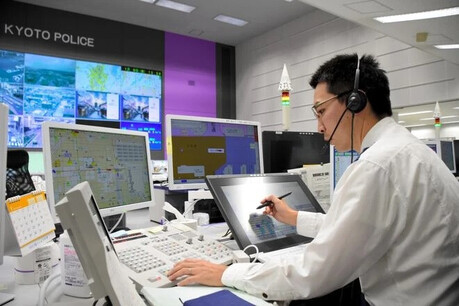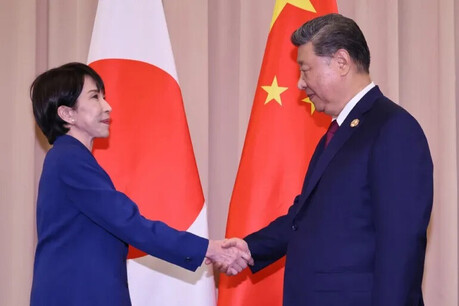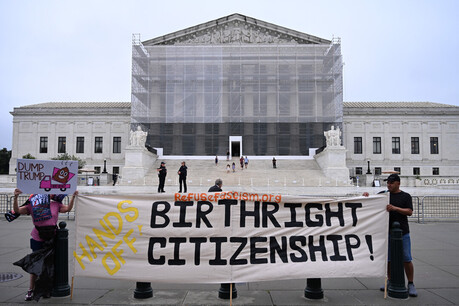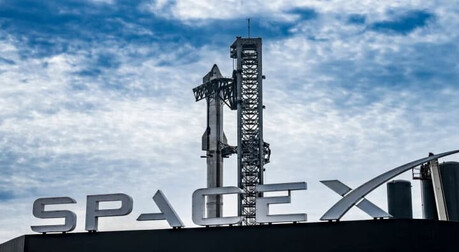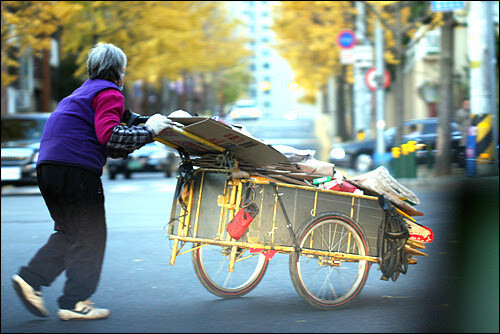
Seoul, South Korea – South Korea is grappling with a widening income gap, as data from the National Statistical Office revealed that the income disparity between the top and bottom 10% of households has exceeded 200 million won for the first time. This stark revelation comes just three weeks after President Yoon Suk-yeol announced his intention to address income inequality as a key policy priority, only to have those plans overshadowed by a state of emergency declaration.
According to the 2023 Household Income and Welfare Survey, the average annual income of households in the top 10% percentile reached 210.51 million won, marking a 6.6% increase from the previous year. Conversely, the average annual income for households in the bottom 10% percentile remained stagnant at 10.19 million won, resulting in an unprecedented income gap of 202.32 million won between the two groups.
Soaring Asset Inequality
The widening income gap is largely attributed to a surge in property income among high-income households. In 2023, property income for the top 10% percentile surged by 24.7%, contributing significantly to their overall income growth.
This trend has also led to a widening wealth gap. As of March 2023, the average assets of households in the top 10% percentile stood at 1.62 billion won, more than 15 billion won higher than those in the bottom 10%. While the asset gap between the two groups narrowed slightly in 2023 compared to the previous year, the disparity in real estate assets remained substantial, exceeding 1.22 trillion won.
Deepening Corporate Divide
The income inequality issue is not limited to households. A report by the Korea Institute of Public Finance found that the top 1% of the population holds 25.4% of the nation's wealth, while the top 10% controls a staggering 58.5%. In contrast, the bottom 50% of the population possesses only 5.6% of the total wealth.
Moreover, the gap between large and small enterprises is also widening. Production indices for large manufacturing companies increased by 5.2% in the first 11 months of 2023, reaching their highest level since 2015. However, small and medium-sized enterprises experienced a 0.9% decline in their production indices during the same period, marking their lowest level since 2015.
Policy Stalemate
Despite the growing evidence of income inequality, policy discussions on this issue have effectively stalled. President Yoon's pledge to address income inequality and education disparities in November 2023 was quickly overshadowed by the declaration of a state of emergency in December, which shifted the nation's focus to political turmoil.
[Copyright (c) Global Economic Times. All Rights Reserved.]
















